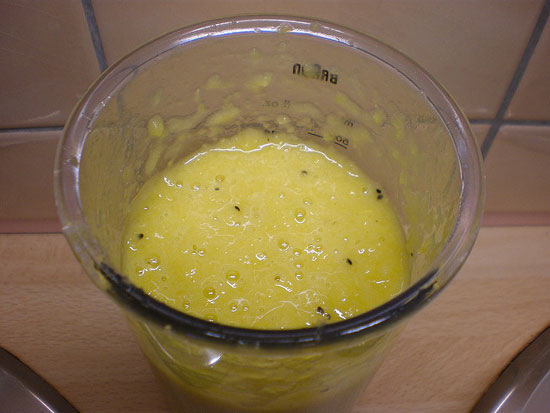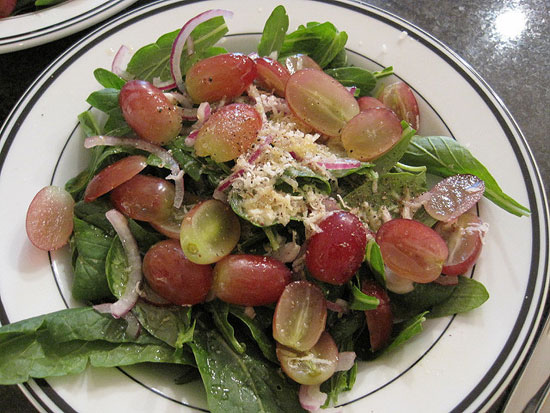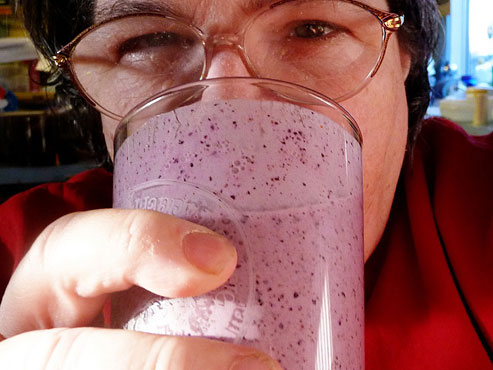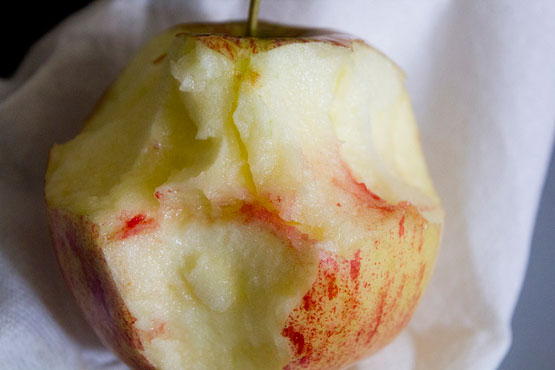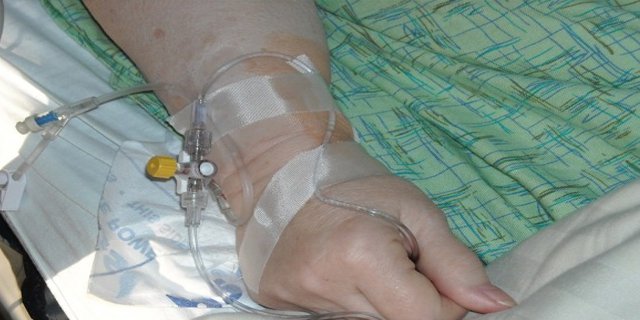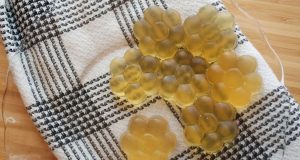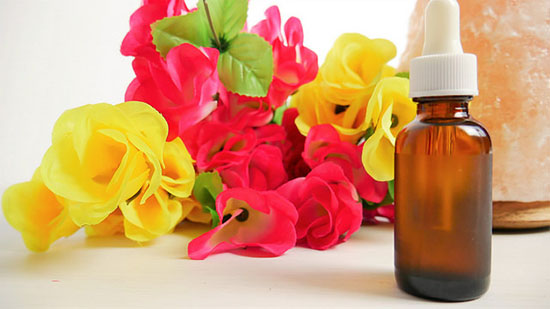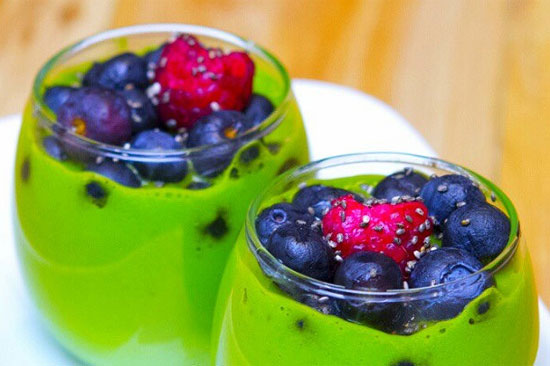Fennel is an edible plant native to Southern Europe. This interesting herb has a long history of medicinal use, especially in Chinese medicine, where it’s used for treating various conditions, including congestion and conjunctivitis.
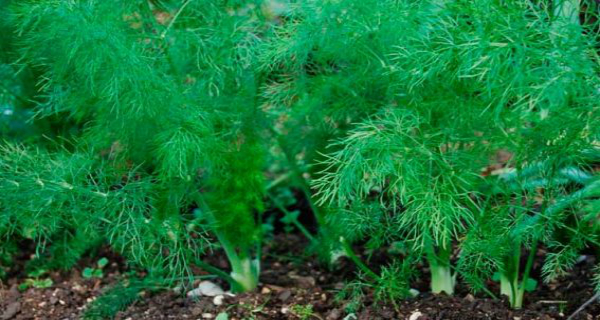
However, today, only a few people are aware of the healing properties of fennel. This is because when it comes to this herb, scientific research is lacking, but historical uses of fennel are well documented and effective. Read on if you want to find out about the fennel, its effects on the human body, and the right way to use it.
General Info
Fennel or Foeniculum Vulgare is a perennial, edible plant with very particular, anise-like flavor. It has three parts: the white bulb, green stems, and yellow flowers. Each part can be consumed and each has its own unique value. The whole plant has great culinary and medicinal benefits, which is why it’s been consumed for more than 3000 years. Among other things, fennel is rich in vitamin C, methionine and alanine, which is why it’s considered as one of the most powerful antioxidants.
When to Use Fennel
- If you want to lose weight, look no further than fennel. This plant provides satiety for a long time, it’s good for controlling cravings and reducing appetite.
- If you have mild problems with gums, or full-blown gingivitis, fennel is said to be one of the plants that can help.
- Since it’s high in vitamin C, fennel helps strengthen the immune system and should be consumed during a cold.
- If you’re anemic, try fennel as it’s one of the plants that has high levels of iron and histidine.
- If you suffer from rheumatism or you have fluid retention, fennel should help, as it’s a natural diuretic.
- If you have high levels of LDL (bad cholesterol) or high blood pressure, fennel is one the herbs that can help.
- If you have an upset stomach, digestive dysfunctions or stomach cramps, try drinking fennel tea.
How to Use Fennel
Fennel can be consumed in various ways, but the most popular uses include infusions and straight up bulb-eating.
Infusions are made from flowers and/or leaves, and are recommended for:
- Nausea
- Liver problems
- Body aches
- Digestive issues
- Bad breath
- Thin Hair
The bulb of the plant is rich in folic acid and iron, so it’s recommended to everyone but especially to pregnant women.

